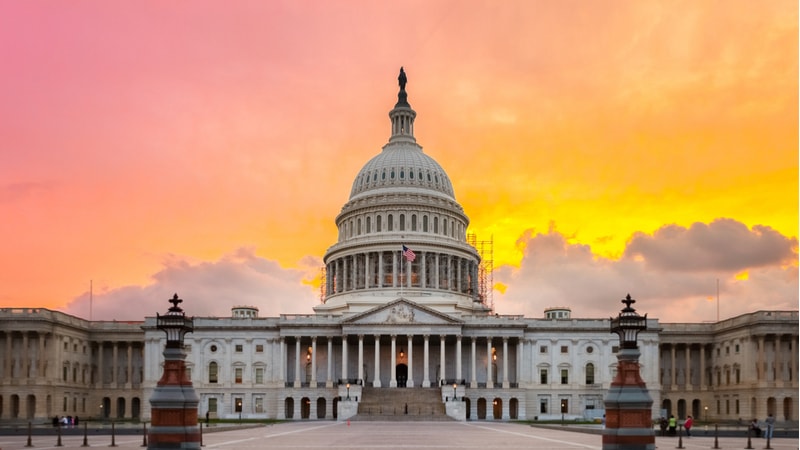
The return to in-person work debate on Capitol Hill has been a largely partisan fight, with Republican lawmakers trying to coerce agencies to bring employees back to the office. But a new bill, introduced on Feb. 17 by a bipartisan group of Senators, brings a different perspective to this debate.
Sens. Roger Wicker, R-Miss., Martin Heinrich, D-N.M., Chuck Grassley, R-Iowa, and Mark Kelly, D-Ariz., introduced the Return Employees to Understaffed Worksites to Reopen Now (RETURN) Act. The new legislation would direct Federal agencies to submit a comprehensive plan to resume in-person operations and address constituents’ concerns about Federal government services.
“Businesses have now reopened, children and teachers have returned to in-person learning, and health care and public safety workers continue to show up for work. Yet I continue to hear from constituents about a lack of responsiveness from Federal agencies,” Sen. Wicker said in a statement. “It is now far past time to bring back our Federal workers and deliver the service that the American people have been promised and expect of their government.”
Lawmakers explained that part of the bipartisan support is due to the ongoing concern that the extended absence of some Federal workers has negatively impacted the Federal government’s general responsiveness and accessibility. They emphasized the increase in case backlogs from agencies such as the Department of Veteran Affairs and the Internal Revenue Service, stating both are due partly because of a pause of in-person examinations.
The General Services Administration, Office of Management and Budget, and Office of Personnel Management issued a memo directing Federal agencies to develop detailed plans for returning to work. The deadline to submit plans was July 19, 2021. While many agencies began to develop return plans, the spread of new coronavirus variants derailed those plans and forced Federal agencies to draft new plans, which are currently still unavailable to the public and Congress.
The RETURN Act “would codify and expand upon the Biden administration order for agencies to submit plans to return their workers to the office, while also recognizing the need to make plans for future disruptions to Federal services,” according to Sen. Wicker.
“At this point, Arizonans should expect that when they go to the Social Security or passport offices, they will get the services they need. With effective vaccines available to most age groups and Arizonans back at work and in the classroom, it is past time for Federal agencies to safely reopen and deliver the critical services Arizona taxpayers deserve and pay for,” Sen. Kelly said.
“Providing services online and creating flexibility for remote work are important to modernizing our government but cannot take the place of providing essential services in person,” Sen. Heinrich said.
However, while lawmakers believe that it is time for Federal employees to return to the office, President Biden declared he is continuing the national emergency proclamation regarding the COVID-19 pandemic, the day after the Senators introduced the legislation.
“The COVID-19 pandemic continues to cause significant risk to the public health and safety of the Nation.
For this reason, the national emergency declared on March 13, 2020, and beginning March 1, 2020, must continue in effect beyond March 1, 2022,” a White House statement read.
